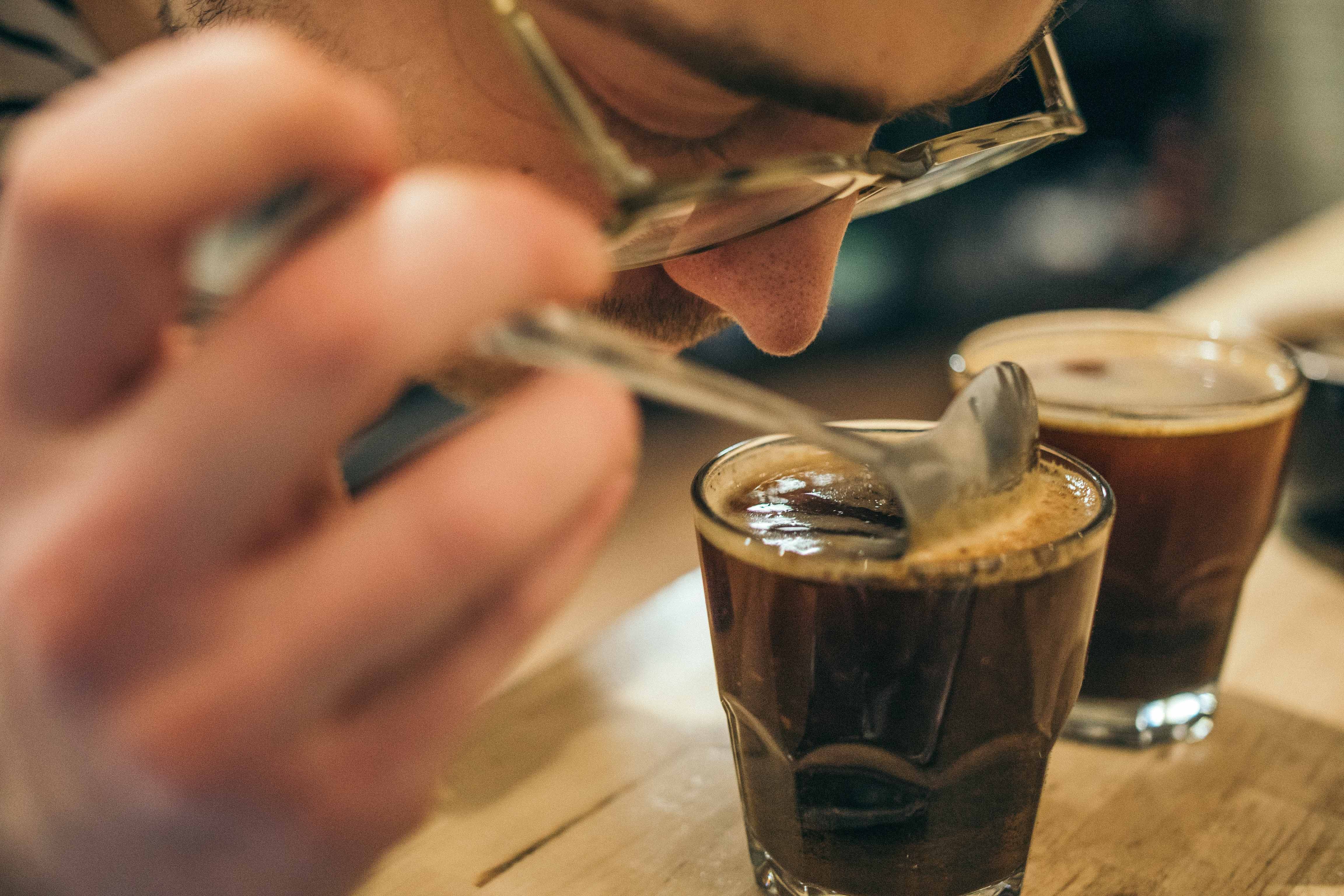News release
From:
Smell and Taste Function 3 Years After Mild COVID-19
About The Study: There was a favorable evolution in smell and taste function throughout the observation period of this study, with taste dysfunction showing lower frequency and faster recovery compared with smell dysfunction in this analysis that included 88 cases and 88 controls. Recovery from smell dysfunction continued over the 3-year study period. At the 3-year study endpoint, smell dysfunction was comparable between both groups. Patients with post–COVID-19 condition exhibiting chemosensory alterations should be reassured that a recovery of smell function appears to continue over three years after initial infection.



 International
International



